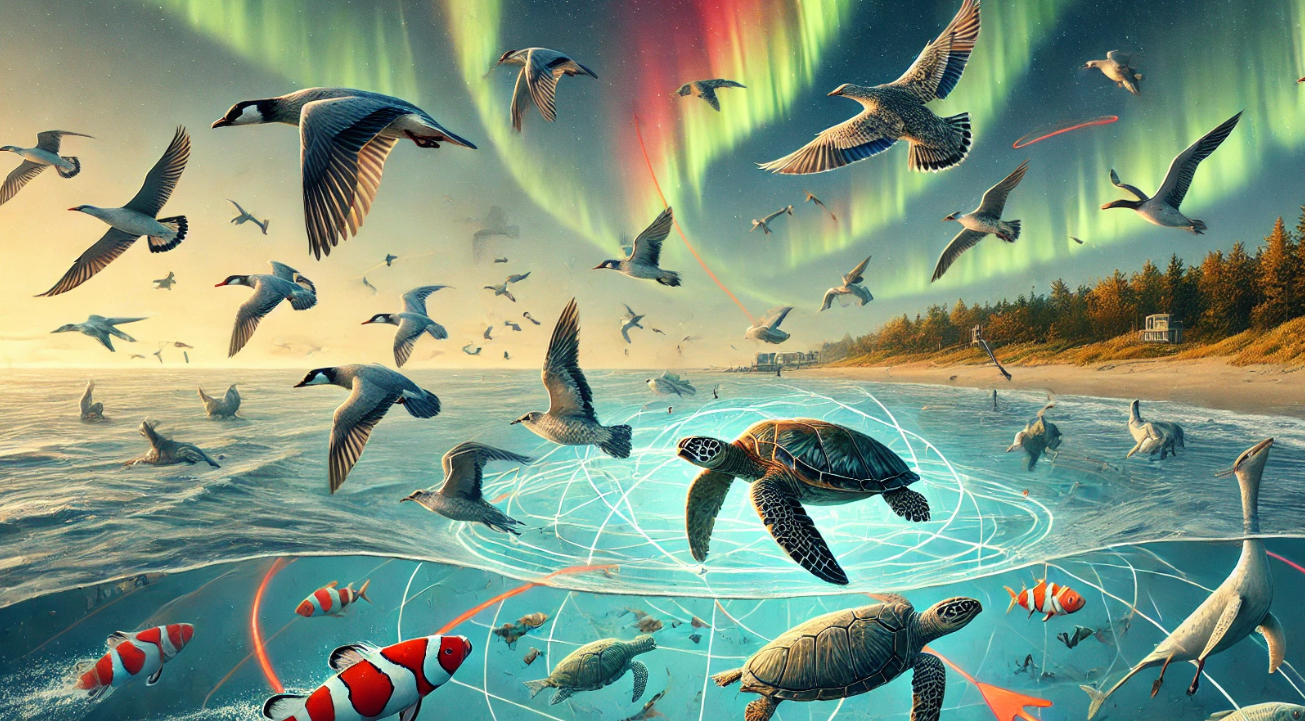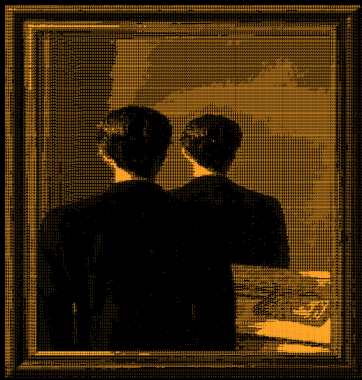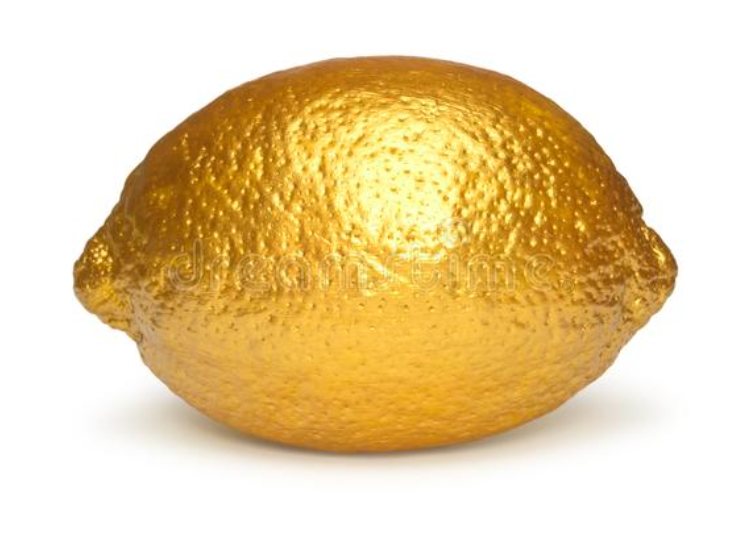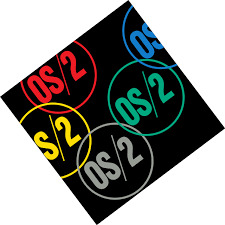Oliver Stone’s The Putin Interviews (2017) provides a platform for Russian President Vladimir Putin to articulate his views on a wide range of issues, including U.S.-Russia relations, NATO and global geopolitics. While the interviews were conducted during the Trump presidency, their content offers insights into the broader dynamics that later influenced the Russia-Ukraine conflict. By examining the positions and concerns voiced by Putin, the series contributes to understanding some of the geopolitical and historical narratives that have shaped Russia’s foreign policy.
Key Themes Relevant to the Russia-Ukraine Conflict
- NATO Expansion and Security Concerns:
Putin discusses his apprehension about NATO’s expansion toward Russia’s borders, which he perceives as a direct threat to Russian security. This concern has been a recurring theme in Russia’s foreign policy and is often cited as a justification for actions in Ukraine, particularly in response to Ukraine’s closer alignment with Western institutions. - Sovereignty and Spheres of Influence:
Throughout the interviews, Putin emphasizes the principle of national sovereignty and opposes what he views as external interference in domestic affairs. However, these assertions contrast with Russia’s involvement in Crimea (2014) and eastern Ukraine. Examining these positions provides context for Russia’s stance on its regional role and its approach to Ukraine. - Historical and Cultural Identity:
Putin reflects on Russian history and its relationship with former Soviet states, framing Russia as culturally and historically intertwined with Ukraine. This perspective has been used by Russian leadership to assert a claim over Ukraine’s geopolitical trajectory and justify actions framed as protecting shared heritage. - Criticism of U.S. Foreign Policy:
Putin frequently contrasts Russia’s actions with those of the United States, criticizing U.S. interventions abroad and what he perceives as a double standard in international relations. These critiques are central to Russia’s positioning as a counterbalance to Western influence and are reflected in its rhetoric during the Ukraine conflict. - Media and Messaging:
Stone’s interviews reveal the importance of messaging in shaping public narratives and international perceptions. Putin discusses Russia’s media strategies, offering insights into how the government communicates its policies domestically and abroad. These strategies are reflected in the information campaigns surrounding the Ukraine conflict, as well as in broader geopolitical debates about influence and narrative control.
Lessons for Understanding the Conflict
- Security and Alliances: The series underscores longstanding tensions regarding NATO and Russia’s desire to maintain a buffer zone of allied or neutral states, which remains a core issue in the Russia-Ukraine conflict.
- Ideological Framing: Putin’s articulation of Russia’s role as a global power with distinct values highlights the ideological dimension of the conflict and the competition for influence in Eastern Europe.
- Narrative Control in Geopolitics: The interviews illustrate how narratives, whether originating in Russia, the United States, or other nations, are integral to modern geopolitics, shaping public opinion and justifying policies.
Conclusion
Stone’s approach, which prioritizes open-ended dialogue, presents an opportunity to hear Putin’s views in his own words. The lack of direct challenges to Putin’s assertions allows for unfiltered access to his perspective, but it also leaves room for interpretation and debate. As such, the series can serve as a resource for understanding Russia’s stated motivations, while encouraging viewers to critically assess the broader context, including narratives from all sides involved in global politics.
By situating The Putin Interviews within the framework of the Russia-Ukraine conflict, audiences can explore the geopolitical factors and historical narratives that continue to shape the region’s complex dynamics.
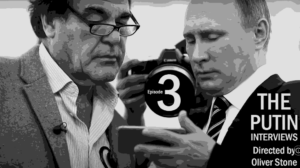
Authorship Disclaimer: GPT was used to aid in for fact checking and understanding the complex elements leading from this film to the current situation with Ukraine, Russia and the rest of the world that has set conditions right for propelling WW-III. This blog entry is written to espouse an understanding for readers that any such conflict resulting in a WW-III scenario could and should be stopped with diplomacy, especially when Russia leader Putin has made himself clear that he is open to such talks. The weight of this warmongering may have been prompted as a desperate attempt to thwart the next administration coming to seat as such party has made a clear promise to clean out politics of corruption and the global power players that posses interests vested in the deep state above the US consent for protecting it’s people’s health, freedom and national sovereignty.
![]()


